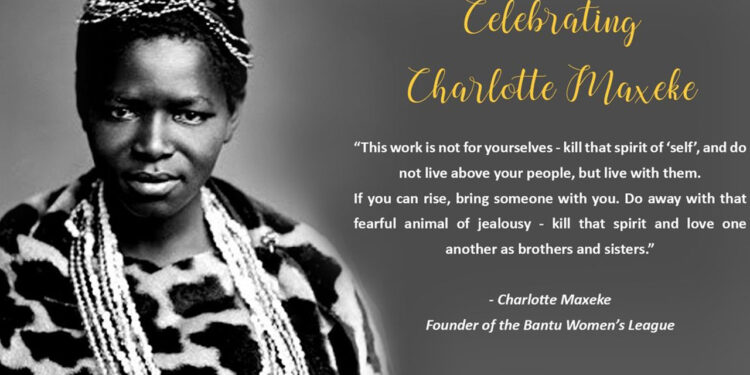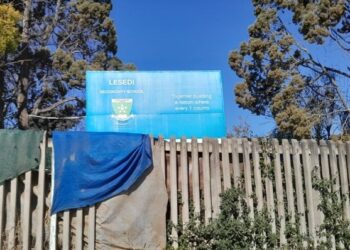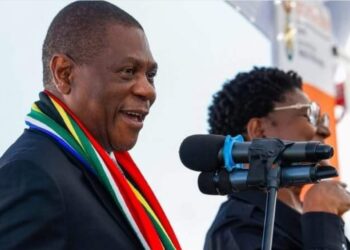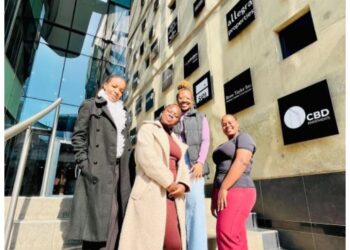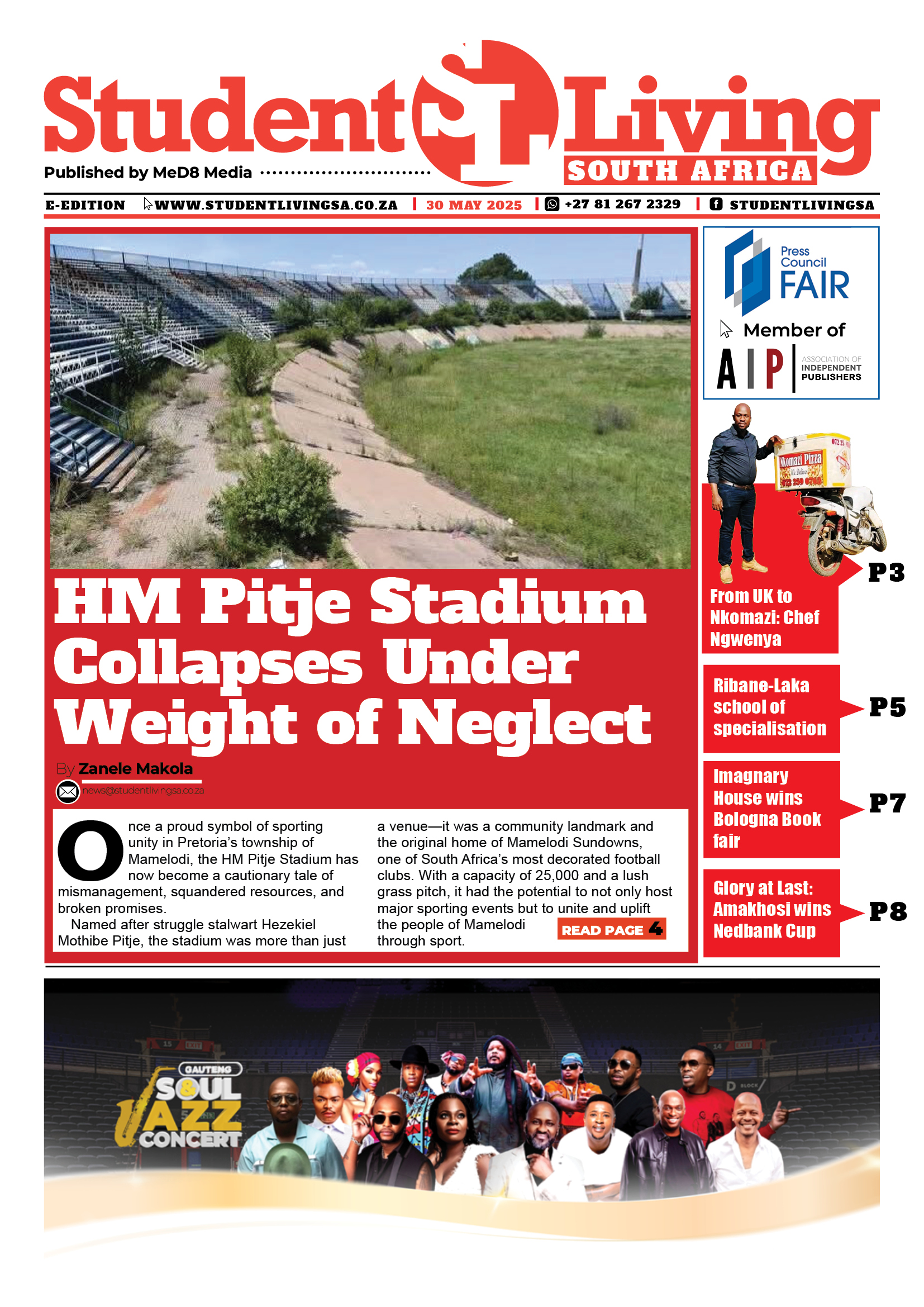The month of April is freedom month and also the birth month of leader and mother of firsts, Charlotte Maxeke.
Charlotte was a leader in the African Methodist Episcopal Church, a social and political activist and when it was not so fashionable for black people to graduate, she became the first black South African woman to graduate with a university degree: a BSc from Wilberforce University, Ohio, the USA in 1901.
Her legacy is cemented deeply in the freedom that we now celebrate and the history of South Africa.
Born on April 7, 1871. Her birthplace is not certain but she spent her younger years in the Eastern Cape.
Her tour to the United states around 1893 took an unforeseen turn when her choir was abandoned in Cleveland after the organizer ran out of funds. With the assistance from African Methodist Episcopal Church she and some of her fellow choir members enrolled at Wilberforce University and would later become the first South African woman to have a university degree.
On her return to south Africa, after nearly 8 years, she had to wait in the Cape for the war to end before going home. With her newly obtained education and knowledge, she had planned on educating local people in Ramakgopa Village, near what is today Polokwane. Which had never been heard of, especially from a woman.
She was a woman of unfashionable steps and bold moves. In 1902 she attended the annual meeting of the South African native convention in Queenstown
An organisation that was the early progression of South African Native National Congress (SANNC)which came to life 20 years later.
In October 1902 she joined the gathering of delegates who came from King William’s Town, Queenstown, Engcobo, All Saints, Herschel, St Marks, Macibini, Mkubiso, Peelton, Somerset East, Kobonqala, Bedford, Emncontsho, Sihobothini, Glen Grey, Oxkrall, Cala and the Transvaal. The convenor and chairperson were Thomas Mqanda, the secretary was Jonathan Tunyiswa and the assistant secretary was Reverend Stephen Mdliva and as usual, she was the only woman present.
The little History written on her says that in this meeting, Charlotte said she needed clarity on the agenda and objectives of the congress; Another unfashionable act. And she asked about the possibility of women forming part of the Congress. She got a fashionable response that lamented that women were not ready to take part in civil movements.
In response to this , journalist and author Sol Plaatje responded in an article and said that this was an imitation of the western culture to exclude women in public forums:
“What was the state of affairs at the convention? Out of a gathering of 40 robust masculine men not one could boast of even a Kaffrarian degree, while Miss Charlotte, who was refused admittance on account of her sex, is, besides other attainments, a BSc of an American university and in a report covering more than nine columns of the Izwi, hers was the neatest and most sensible little speech …
“We are great believers in classification, you know, but classifications of the right kind, not discrimination and just as strongly as we object to the line of demarcation being drawn on the basis of a person’s colour, so we abhor disqualification founded on a person’s sex. The convention would surely have benefited by the experience of one, who though a woman, is not only their intellectual superior but is besides leading an adventurous missionary life among the heathens of the Zoutpansberg, while they demonstrate their manliness by leisurely enjoying the sea breeze at the coast.”
During these times movements for women’s equality were unpopular and struggling to gain momentum. It was still a long ride from 1994 when all South Africans got to vote for the first time. The emancipation of black people and women was still ideologies by the intellectuals of that time.
Today we live those ideas that were suppressed by those who found discomfort in them. Ideas and rights that are now in the constitution and are part of the stories of our democracy.
It was also her boldness that paved the way for her becoming the only woman present at the formation of the ANC in 1912. Unfashionable.
Charlotte was a dedicated community developer and leader. She gave hope to the marginalised and introduced education in villages.
She was an educationist, religious leader, social welfare worker, wife, mother, political activist and one of the driving forces of liberation and independence.
SASF TOGETHER WITH STUDENTS MARCHED TO DHET FOR NSFAS ISSUES
By: Mandhlazi Rodger Students from various universities and Technical and Vocational Education and Training (TVET) colleges gathered in Pretoria to...


